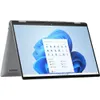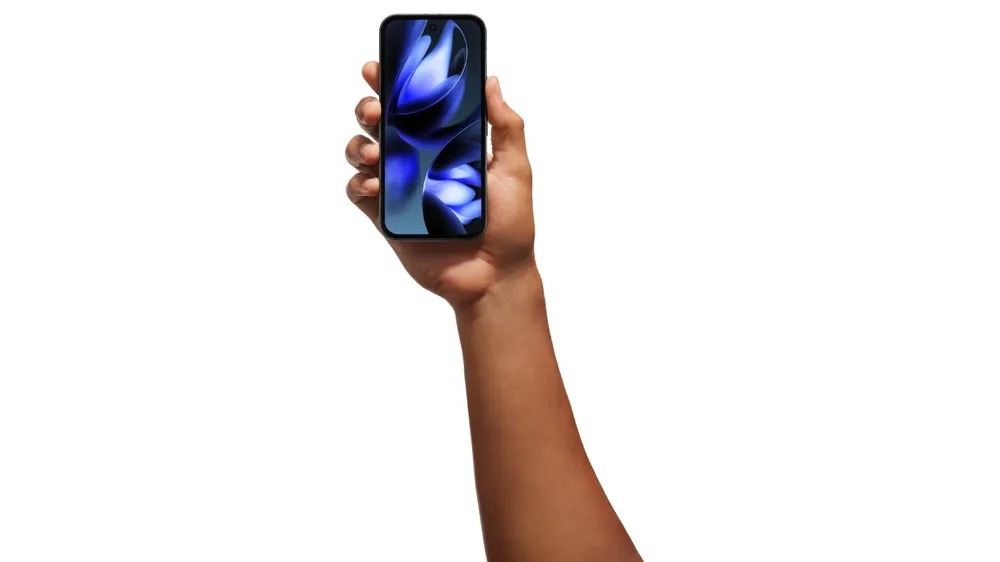The 4 devices kickstarting a year of AI at CES 2024
Viv-AI Las Vegas!
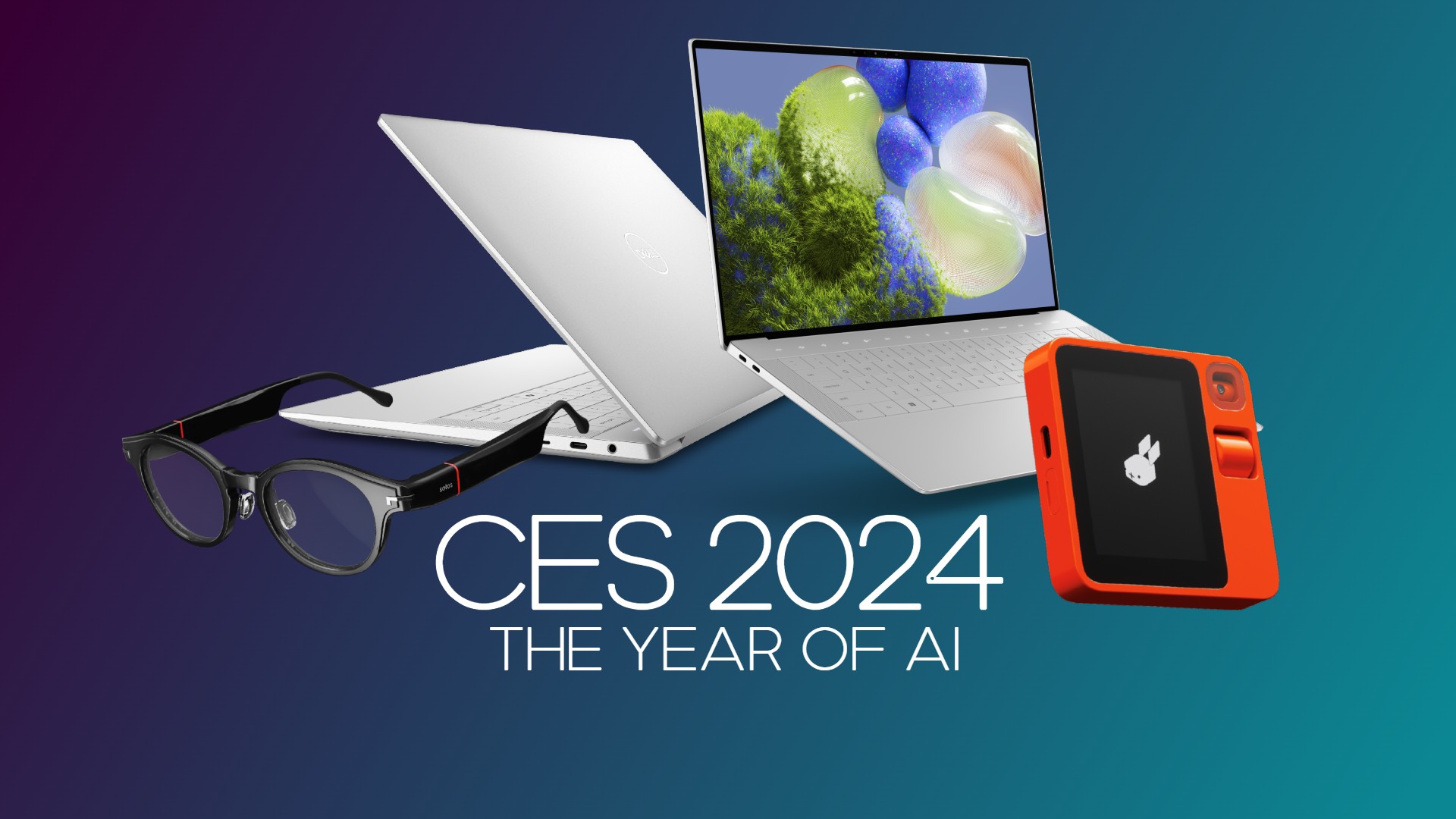
If you’ve been following along with CES 2024 then you may have heard the phrase “Year of AI” here or there, much like you will have done last year too. There was an explosion of AI services, tools, and software in 2023, and it seems like this particular Pandora’s box isn’t closing any time soon. This year’s sequel, the year of AI 2: Electric Boogaloo, pertains to the forecasted expansion and wider adoption of AI throughout the tech world — and we mean throughout.
We’re no longer talking about yet another drab generative AI chatbot to toss atop the growing pile of ChatGPT clones — AI is being implemented in more and more kinds of devices to improve performance, enhance automation, and bring a little more life and personality into the devices we interact with daily. Plus, it’s kind of fun. Isn’t it? Nobody ever said the AI apocalypse couldn’t be a little fun, after all.
To that end, CES 2024 has, so far, showcased everything from absolutely-not-appropriating-a-popular-Disney-character AI robots for the home to new Large Action Models (LAMs) that are oxymoronically small enough to fit inside your pocket. However, let’s sprinkle a dash of suspense on things and leave some mystery in place for your scrolling pleasure as we dive into our list of the 4 devices kickstarting the year of AI at CES 2024.
We're on the scene in Las Vegas to check out the latest tech at this year's CES 2024 showcase. Be sure to tag along on our CES 2024 journey by following Laptop Mag on TikTok, Twitter/X, Instagram, Flipboard, and Facebook for the most up to date hands-on impressions and news coming from the convention floor.
1. Intel Core Ultra laptops
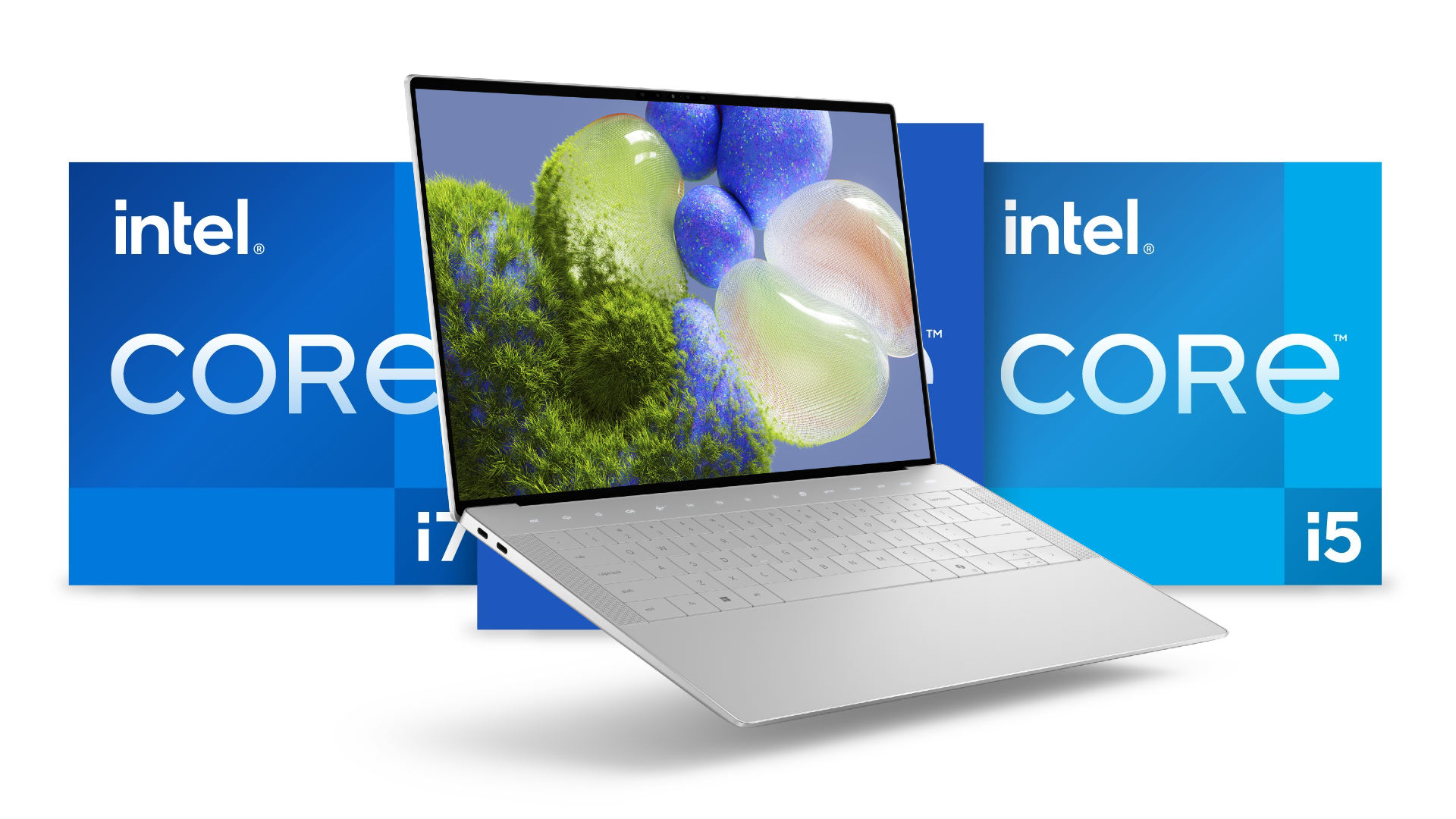
We can’t talk about AI at CES without pointing out the AI PC craze currently tearing through the Windows laptop market. The NPUs (Neural Processing Units) found in Intel’s latest Core Ultra CPUs are causing quite a stir in the industry — with AI being seen as the core of the computing experience so much that Microsoft has implored OEMs to adopt a physical Copilot key on their newest machines. Now it’s up to the OEMs to implore Microsoft to make it do something useful.
The NPUs give Intel’s processors a dedicated channel with which to handle machine-learning and AI tasks that leave the CPU and GPU free to work on the performance and graphical tasks they’re designed for.
Not only does this mean impressively faster results when it comes to matters of AI on these laptops, but it also means unhampered performance and improved efficiency while doing so.
Appearing in everything from powerful gaming behemoths like the MSI Stealth 18 AI Studio to ultralight and redesigned all-around computing solutions like the Dell XPS 14, Intel’s latest chips have spread like wildfire already — laying the foundations for the year of AI to grow into the generation of AI that no doubt lies ahead.
Stay in the know with Laptop Mag
Get our in-depth reviews, helpful tips, great deals, and the biggest news stories delivered to your inbox.
2. Rabbit r1
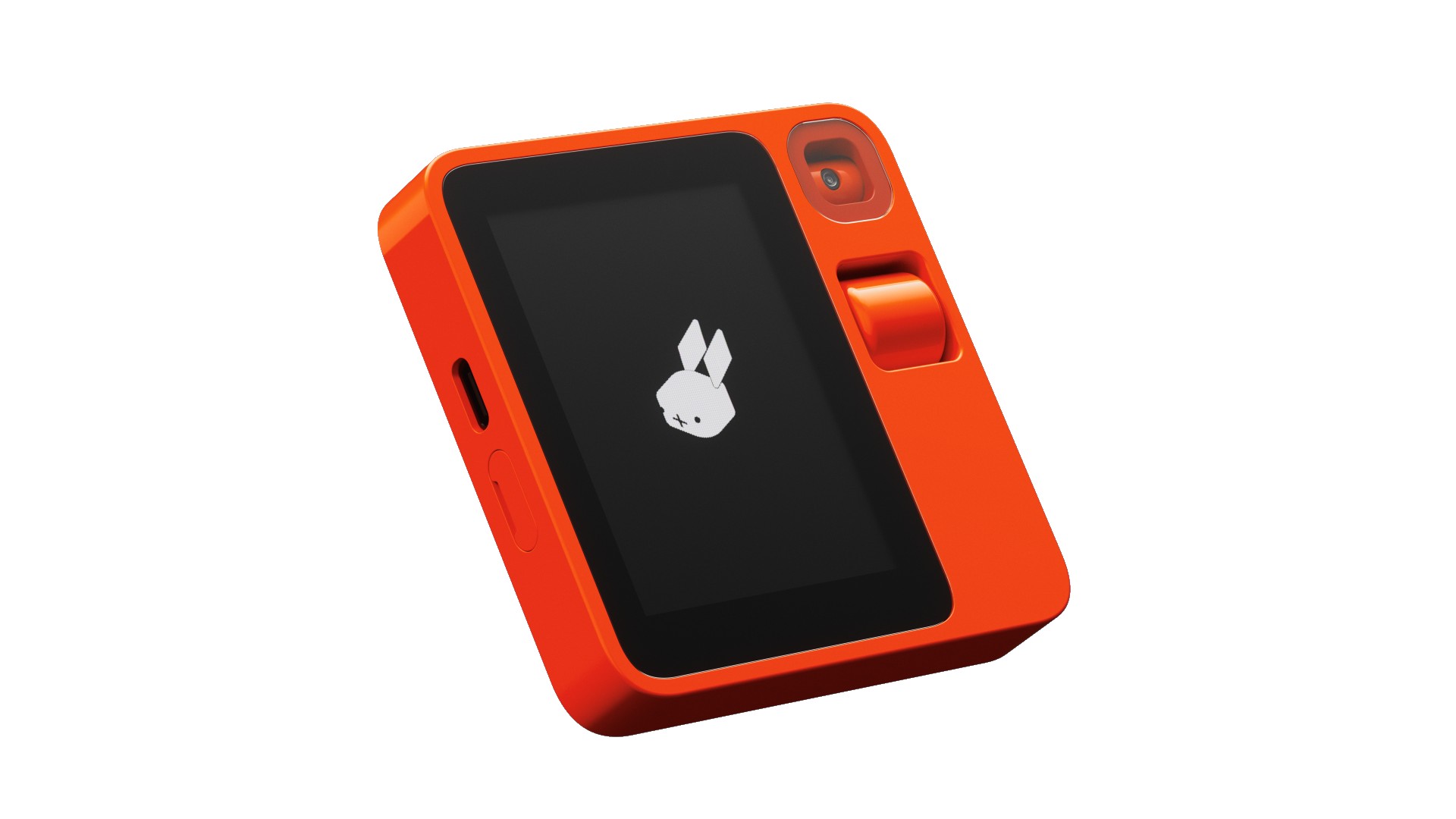
You’re not going to hear much about AI at this year’s CES without mention of the Rabbit r1 — and rightly bloody so. Rabbit’s stand-alone AI device was only just announced and I already can’t stop talking about it. So congratulations to you, dear reader — I’m about to do it some more.
Donning a familiar Teenage Engineering design akin to devices from the Nothing brand, the r1 is a sleek and unique-looking device that’s similar in size to a stack of post-it notes and houses a 2.88-inch touchscreen display, a MediaTek MT6765 octa-core processor, 4GB of RAM, and 128GB of storage.
While this device has a SIM slot for cellular data connections, it’s not to be mistaken for a smartphone — it’s instead a portable AI assistant running on a custom operating system called rabbit OS.
This operating system is built upon the brand’s Large Action Model, which is similar to the Large Language Models that power tools like ChatGPT except this model is designed to not just converse and understand natural-language prompts by mimicking human language but to engage in actions across apps by mimicking human operations within them.
Effectively, you tell the r1 to do something (be it ordering food, booking a flight, or arranging your itinerary) and instead of giving you information about how to complete that task, the r1 can do it on your behalf.
3. Solos AirGo 3
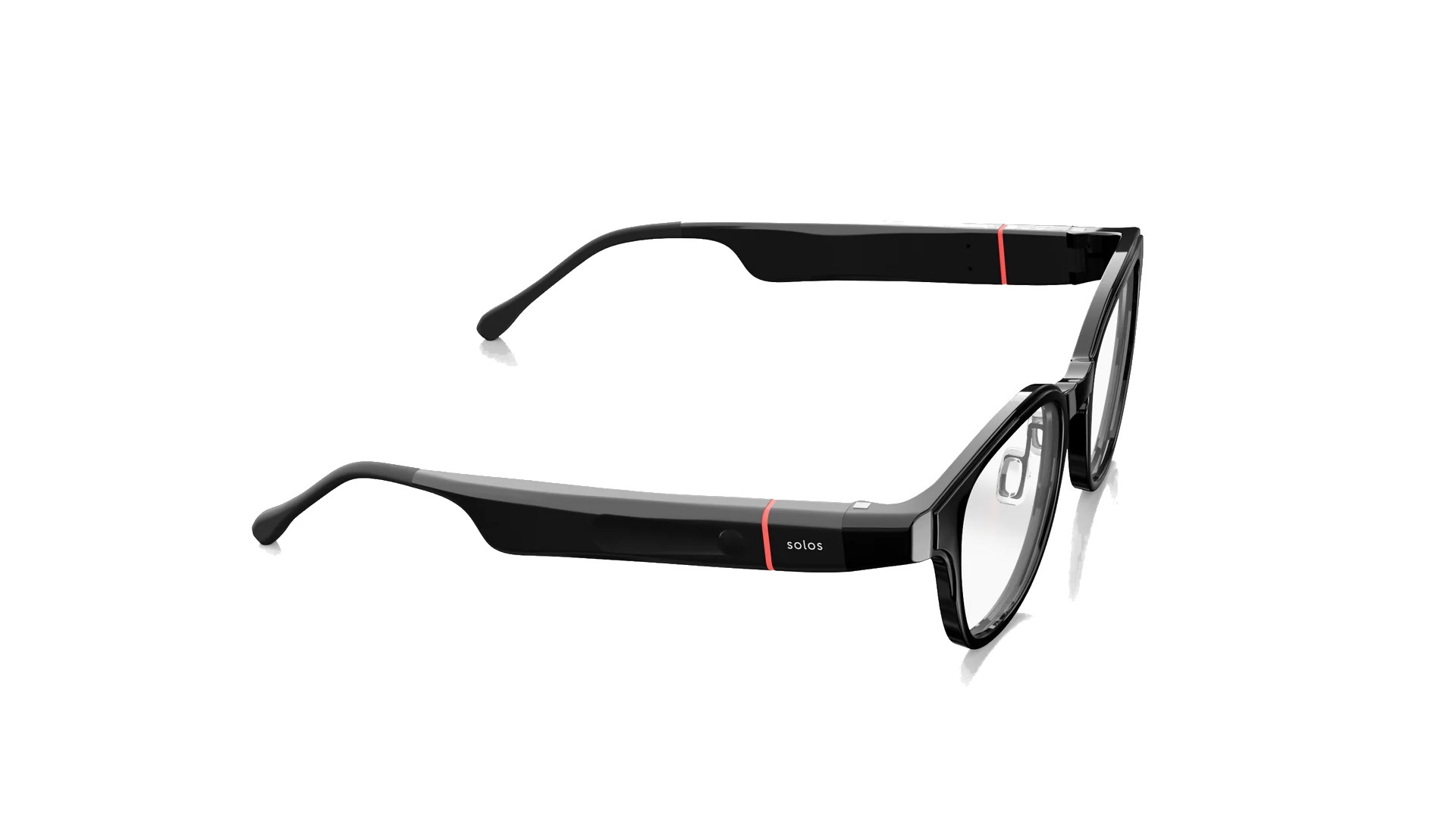
AI is increasingly looking like the branch of our civilization’s technology tree that will revolutionize the way we view and interact with tech forevermore. Exactly where that leads, and if it’s used in all the right ways, remains to be seen. However, when it comes to great applications of AI, look to the ChatGPT-infused Solos AirGo 3 smart glasses.
Solos’ smart glasses have a tight-knit integration with OpenAI’s chatbot already, with the AirGo 3s allowing a simple tap on the temples to open up a window of time to pass a spoken prompt to the LLM before receiving an audible reply through the built-in open-ear speakers housed within the glasses’ frames.
It’s great for hands-free interaction with the world’s most popular AI, especially if you’re in the middle of a task that requires the attention of both hands. However, that’s just a fraction of what Solos’ AirGo 3 has to offer.
Announced at CES 2024, the latest update includes SolosTranslate update, which lets the glasses translate a plural of languages while acting like your own personal interpreter or as a group interpreter — with others able to join in real-time translation sessions, tuned to their language of choice, using just a smartphone. It’s a fantastic use of ChatGPT to demolish the language barrier and could be an invaluable tool for travelers, business operators, and more.
4. Samsung Ballie
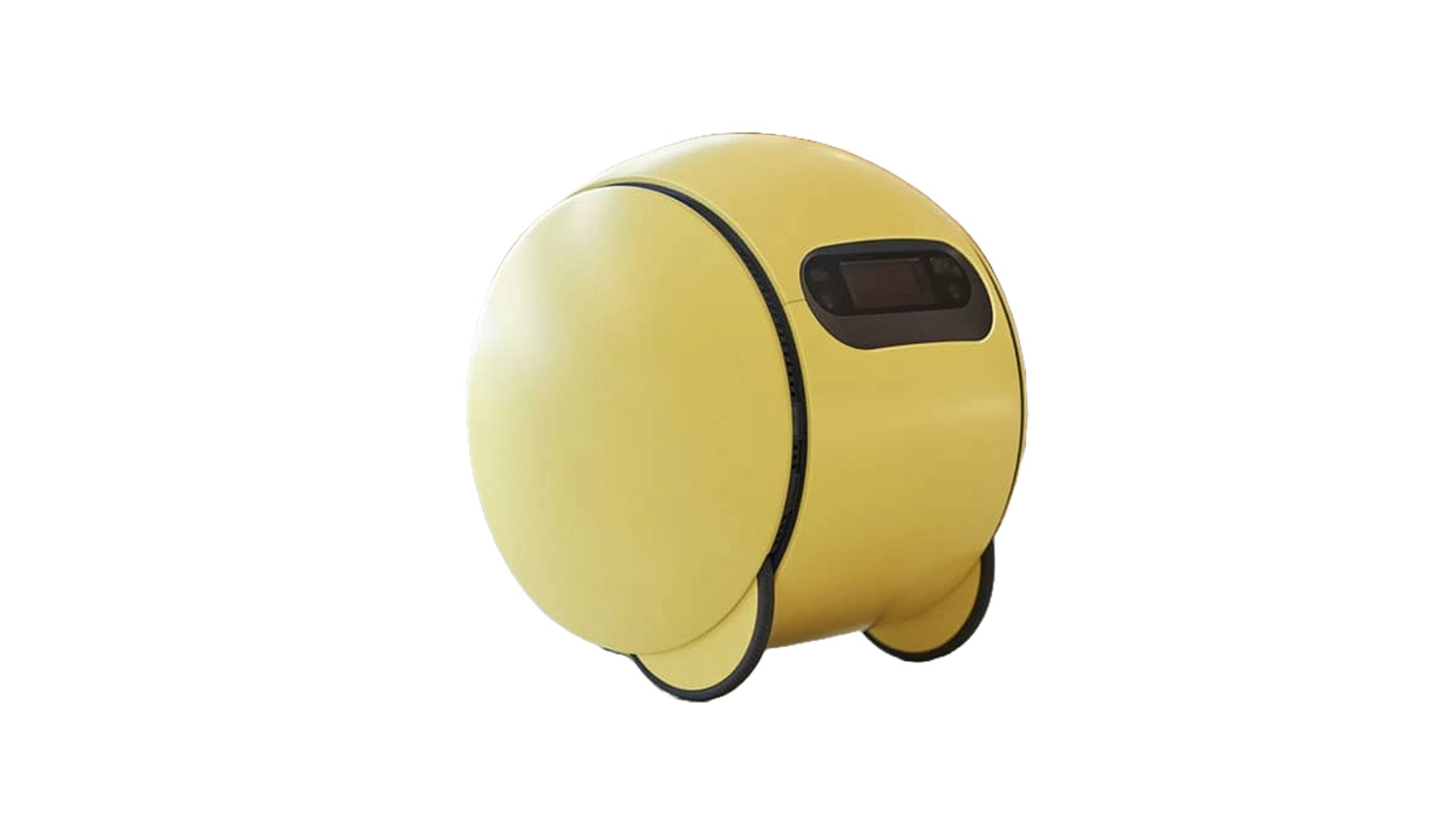
You can now own your very own Wall-E or BB-8! (Editor’s note: Well, it looks like BB-8 and its name sounds like Wall-E, but due to international copyright laws, it’s not.) Still, get hyped anyway, you can have your very own Wall-E or BB-8 robot! (Editor’s note: Though it isn’t.)
That’s right, Samsung’s legally distinct Ballie home robot has returned after a four-year hiatus with an aesthetic and feature-set overhaul. This Mecha-Kirby home assistant does a little bit of everything from acting as a dynamic home security camera or mobile smart home hub to working in tandem with your devices as a screen projector across vertical and horizontal surfaces.
Samsung’s little droid can navigate on its own and use sensors to recognize pets and people, meaning it can follow you around or seek out specific members of the household to harangue as it does your bidding — interacting with your smart fridge, your smart Roomba, your smart pet feeder, and your dumb self as you slowly degenerate into a hapless dilettante of life’s basics whose only personal growth has been to foster crippling and irreversible codependency on Samsung’s adorable Ballie and chain.
Or, you know, it might be alright actually. What do I know?

Rael Hornby, potentially influenced by far too many LucasArts titles at an early age, once thought he’d grow up to be a mighty pirate. However, after several interventions with close friends and family members, you’re now much more likely to see his name attached to the bylines of tech articles. While not maintaining a double life as an aspiring writer by day and indie game dev by night, you’ll find him sat in a corner somewhere muttering to himself about microtransactions or hunting down promising indie games on Twitter.









